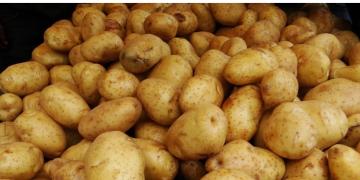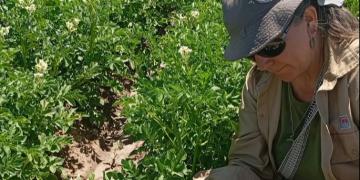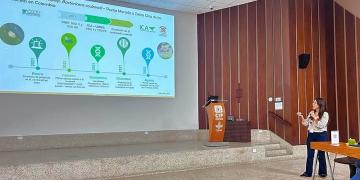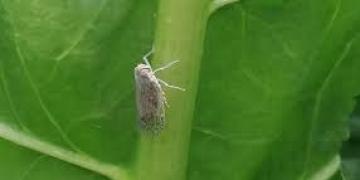UE:Ulluco import and cultivation poses biosecurity risk for potato
Ulluco (Ullucus tuberosus) is an Andean root tuber in the family Basellaceae. It originates in South America, and is found in Argentina, Bolivia, Chile, Colombia, Ecuador, Peru and Venezuela.
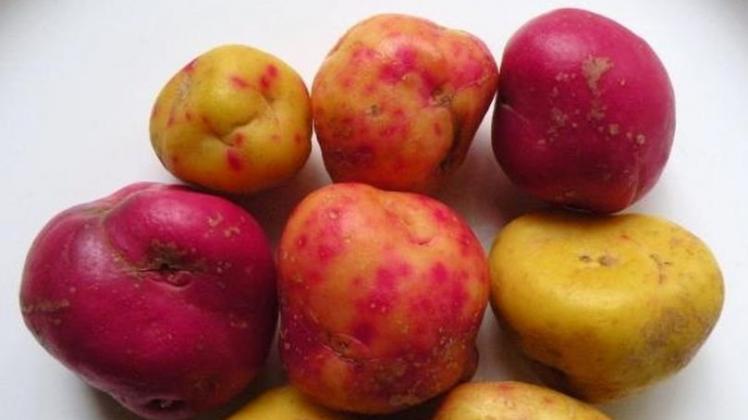
There are many varieties of ulluco, which produce vividly coloured tubers. These tubers are edible and are widely consumed in the Andean region, second only to potato. Following an investigation by the Animal and Plant Health Agency earlier this year, it has been confirmed that ulluco tubers imported into the UK from a number of different sources were infected by harmful viruses, highlighting that there is uncertainty about the disease status of this crop in general.Ulluco can be legally imported from outside the EU with a phytosanitary certificate and has not previously been associated with plant health issues, however while there remains a significant degree of uncertainty over the general disease status of this crop, we recommend that it should not be imported or grown in the future.
Biosecurity Risks
- Non-native viruses have been identified in ulluco being grown in England These viruses have the potential to spread to potato and other crops, and cause damage in these crops
- We are strongly advising against the further import and growing of ulluco in the UK, pending further assessment of the risks from this crop
- If ulluco is currently being grown, good biosecurity practice is recommended to prevent the spread of potentially damaging viruses
At this stage, the risks to commercial crops is low and Defra is issuing biosecurity advice on a precautionary basis, pending further assessment and any future decisions on import controls.The advice is intended to be practical and provide realistic options, for those who have already imported or grown ulluco, or who intend to do so, which if followed will keep the risk of spreading any infection to a minimum.
Biosecurity guidance
If ulluco is currently being grown or stored, we advise the following to prevent the spread of the above viruses:- Ulluco should only be harvested for personal consumption and should not be sold or transferred to other sites (and all tubers should be removed from the soil)
- Tubers of ulluco should not be saved for planting in the following year to avoid carry over of any viruses harboured in the tubers
- It is possible for the viruses to spread by contact, therefore any potatoes and species of Amaranthaceae, Cucurbitaceae and Solanaceae, which you have grown, should also only be harvested for personal consumption and any seed/tubers should not be saved for planting in the following year
- Any remaining waste from the vegetables, including peelings, can be disposed of in general waste bins to go to landfill and should not be composted
- Remaining plant material (leaves and stems) of ulluco, should be destroyed following harvest, either by incineration (burning on site) or via deep burial (to a minimum of 2 m) in accordance with waste regulations, or bagged and disposed of with waste for land fill
- Remaining plant material of potato and species of Amaranthaceae, Cucurbitaceae and Solanaceae, which you have grown, should be destroyed as for the ulluco plant material in the preceding point
- The planting area should be cleared of all plant material, including weeds If any ulluco and potato plants regrow in the following year, they should be destroyed as for the plant material above
- The viruses are potentially transmitted mechanically (on people, clothes, equipment etc.), so hygiene best practice should be followed:
- Wash hands with soap before and after working on a crop
- Clean any tools and equipment which have been in contact with ulluco thoroughly to remove all plant material and soil.
Fuente: https://planthealthportal.defra.gov.uk/assets/uploads/Ulluco-biosecurity-guidance-v11-general4.pdf

